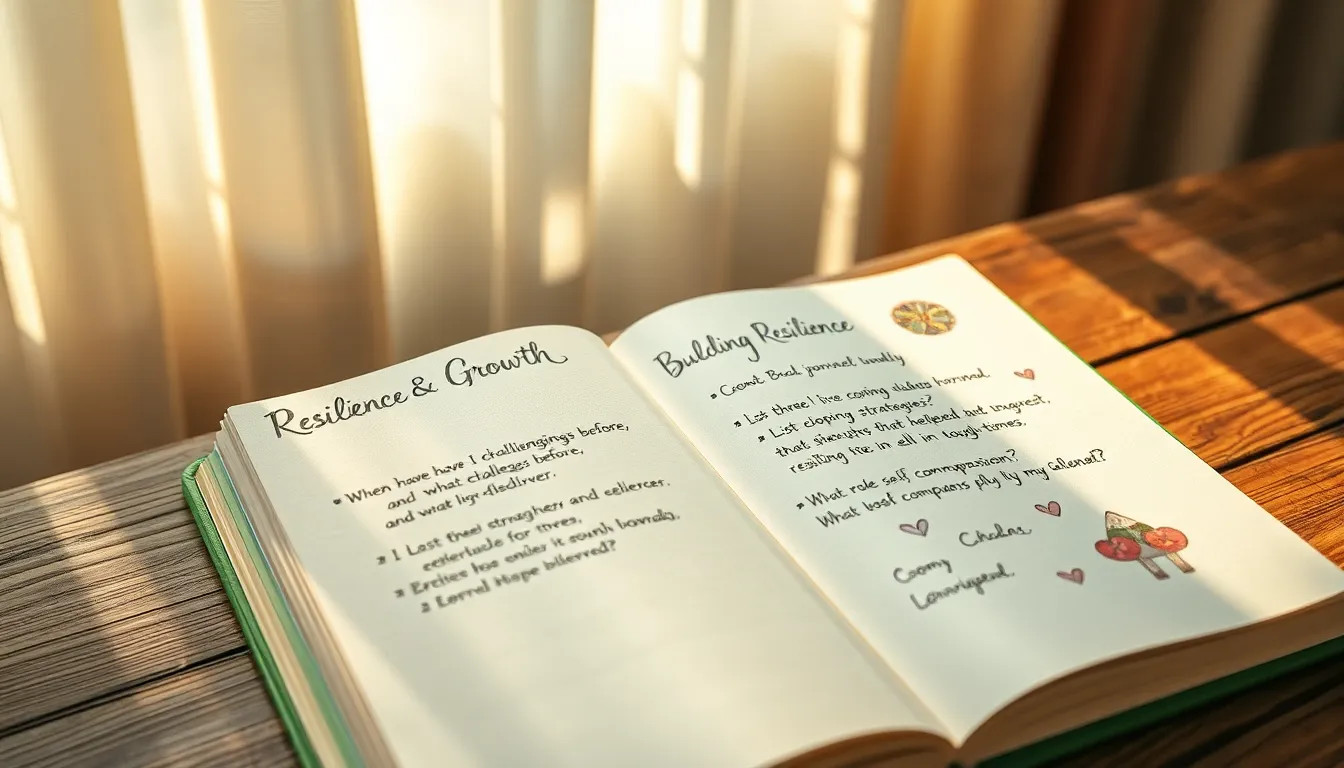In today’s fast-paced world, building resilience is essential for navigating life’s challenges with grace and strength. Journaling offers a powerful, personal space to process emotions and foster mental toughness.
By embracing journaling, you’ll uncover a transformative tool to enhance self-awareness and emotional balance. Let’s explore how this simple practice can fortify your inner resilience.
Identify Personal Resilience Goals

Reflect on past challenges to identify your resilience goals. Ask yourself: “What strengths helped me overcome difficulties?” and “Which areas need growth?” Use these reflections to set clear, meaningful objectives.
To track progress, choose 1-2 prompts:
- “What small step can I take today to build resilience?”
- “How did I demonstrate resilience recently?”
Journaling regularly on these prompts fosters self-awareness and growth.
Select Journaling Techniques
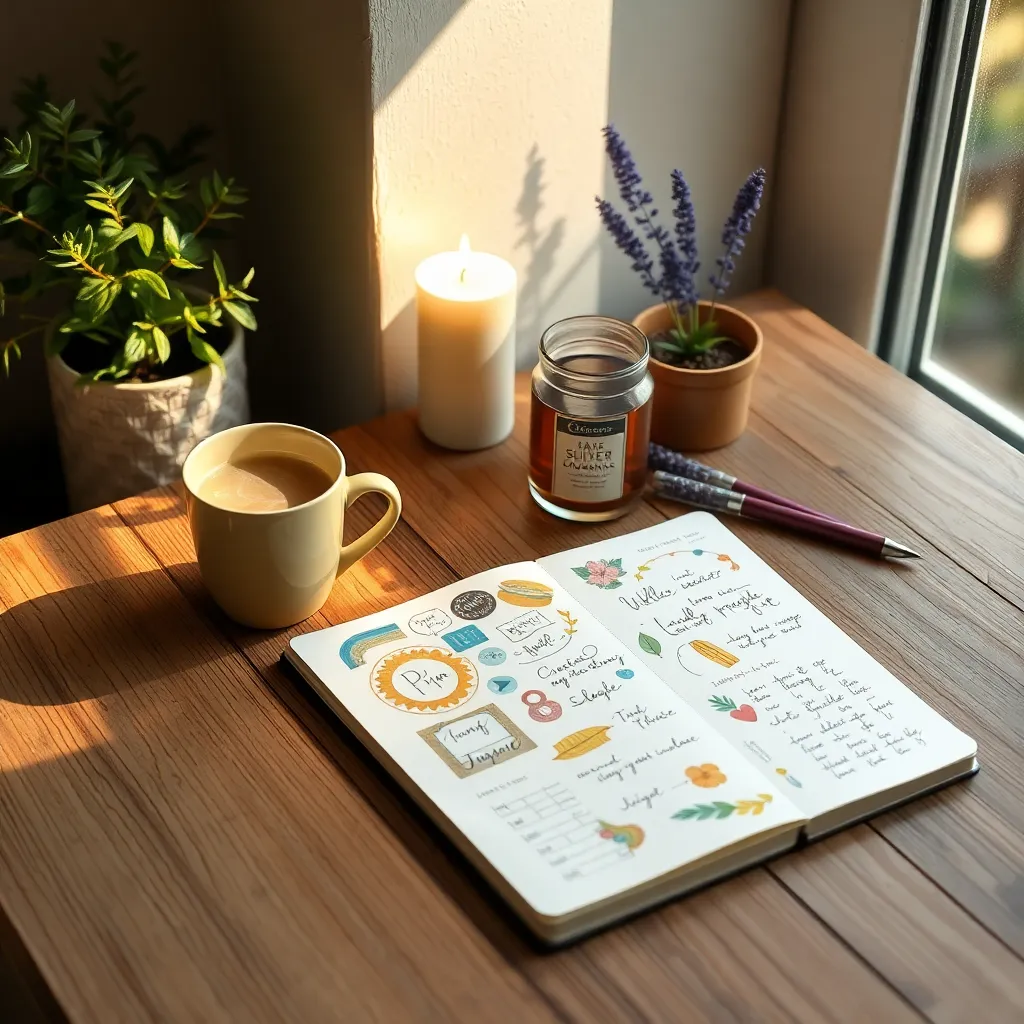
Incorporate the gratitude journaling technique to strengthen resilience. Write down three things you’re grateful for each day. This simple practice shifts focus towards positivity and enhances emotional strength.
Try the reflective journaling technique to process challenges. Use prompts like:
- “What did I learn from today’s challenge?”
- “How can I approach similar situations in the future?”
Reflecting helps build adaptive coping strategies.
Set a Consistent Schedule
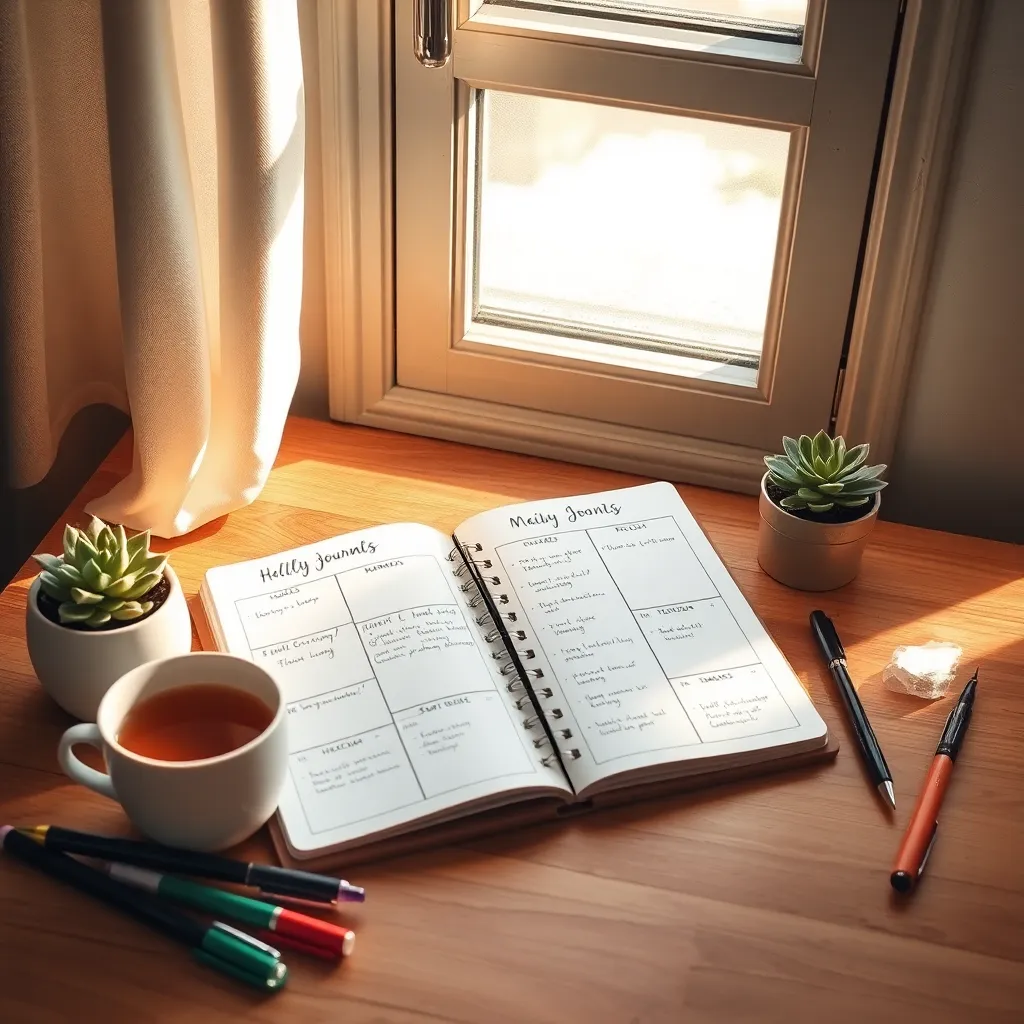
Consistency is key. Establish a regular journaling routine to build resilience by setting aside specific times daily. This creates a habit and provides a safe space for reflection.
Start with simple prompts like, “What am I grateful for today?” or “What challenge did I overcome?” These encourage positive focus and self-discovery, enhancing emotional strength over time.
Reflect on Daily Challenges
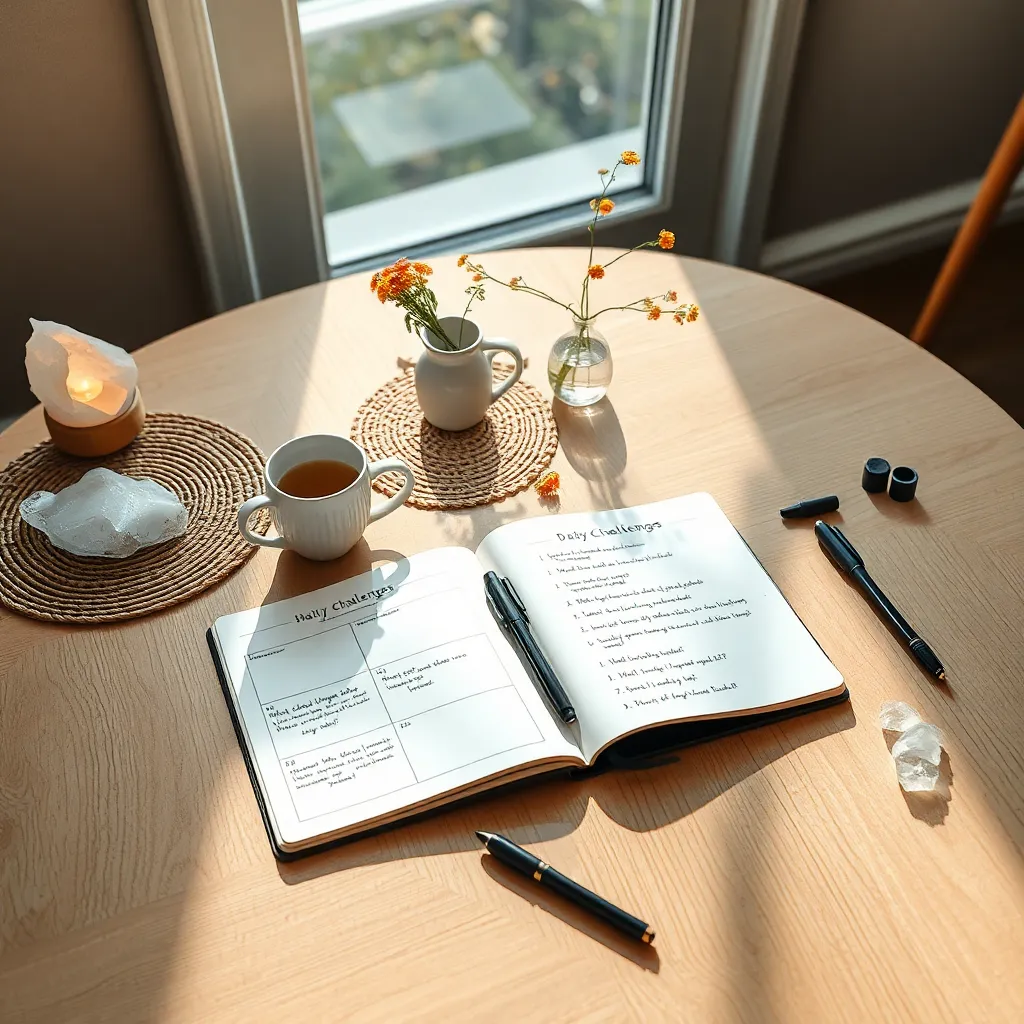
Recognize and embrace daily hurdles by writing about one challenge you faced. This builds resilience through reflection. Pause to consider your emotions and what you learned.
Use prompts like:
- What did I learn from today’s challenge?
- How can I approach it differently next time?
These insights foster growth and strengthen your inner resolve.
Review Progress Regularly
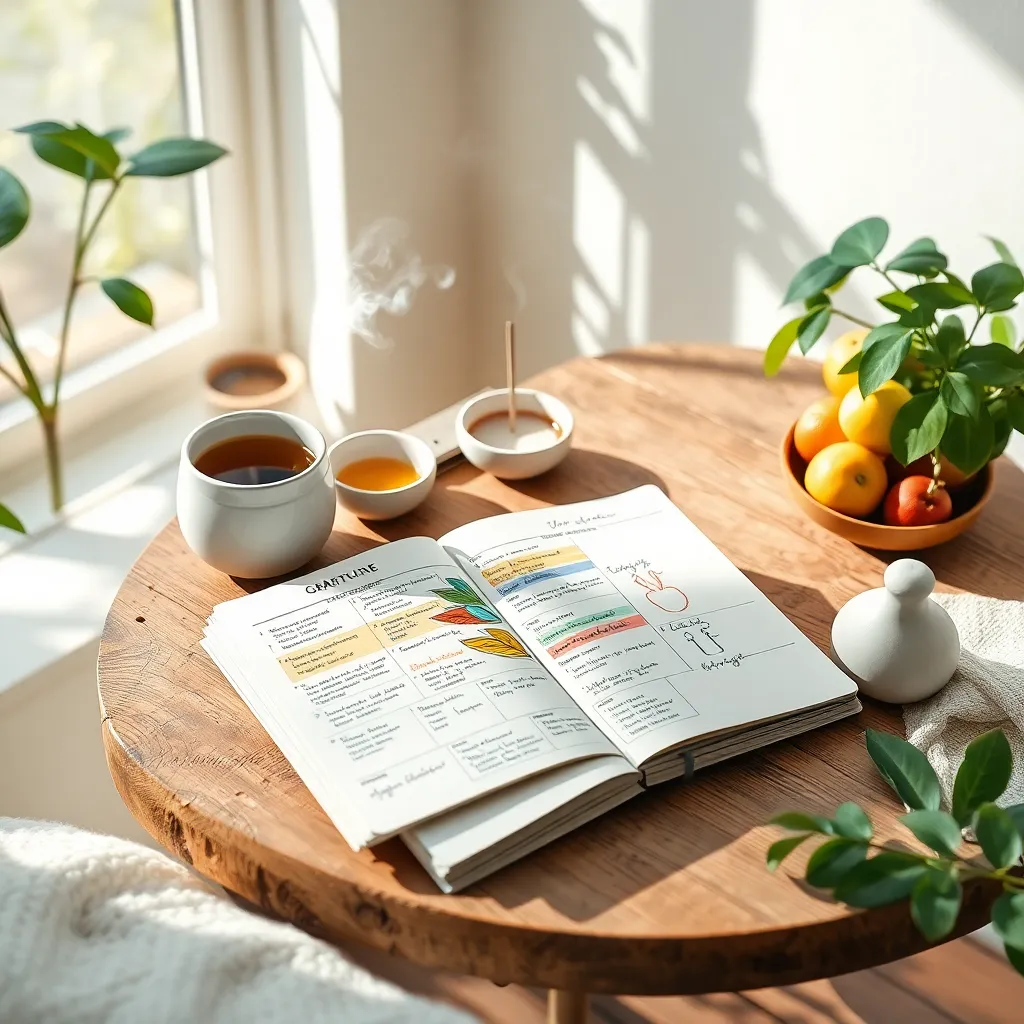
Regularly reviewing your journal builds resilience by helping you see growth. Set aside time weekly to identify patterns and celebrate small wins.
Use prompts like:
- “What progress have I made this week?”
- “How did I overcome recent challenges?”
This practice boosts confidence and encourages a positive outlook.
Conclusion: Creating Beautiful Outdoor Spaces
In building resilience through journaling, we explored five key relationship concepts: self-awareness, where journaling helps us understand our emotions; empathy, as reflecting on our experiences fosters deeper connections; communication skills, enhanced by articulating thoughts on paper; conflict resolution, with journaling offering clarity and perspective; and gratitude, which is amplified by recognizing the positives in our relationships. To immediately harness these benefits, start by dedicating just 10 minutes tonight to jot down your thoughts or feelings about a recent interaction or challenge. This simple act can be the first step toward a more resilient, fulfilling partnership.
Remember, relationships thrive on continuous learning and growth. Bookmark this article now to revisit these strategies whenever you need a boost. By doing so, you’re equipping yourself with tools that will not only nurture your current relationships but also pave the way for future successes. Embrace the power of journaling and watch as your relationships blossom with newfound strength and understanding. You have the tools; now, take the step towards enriching your connections and ensuring long-lasting, resilient bonds.

